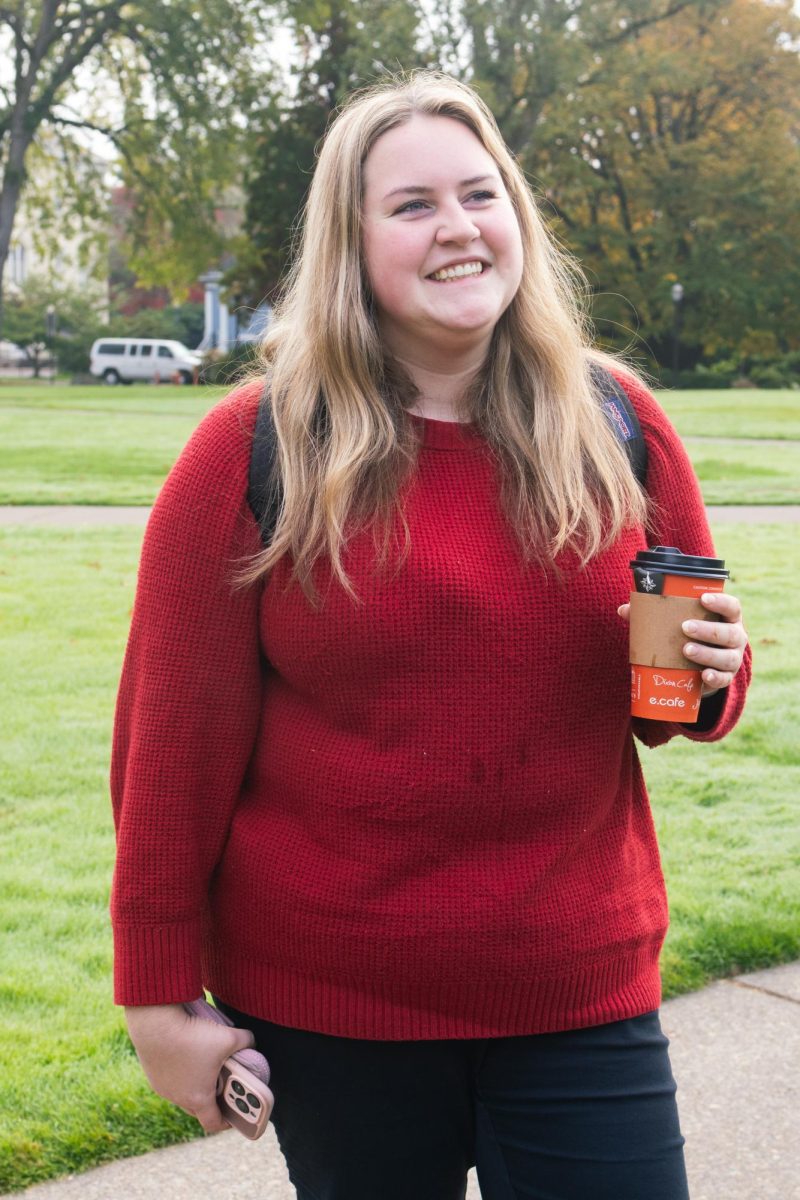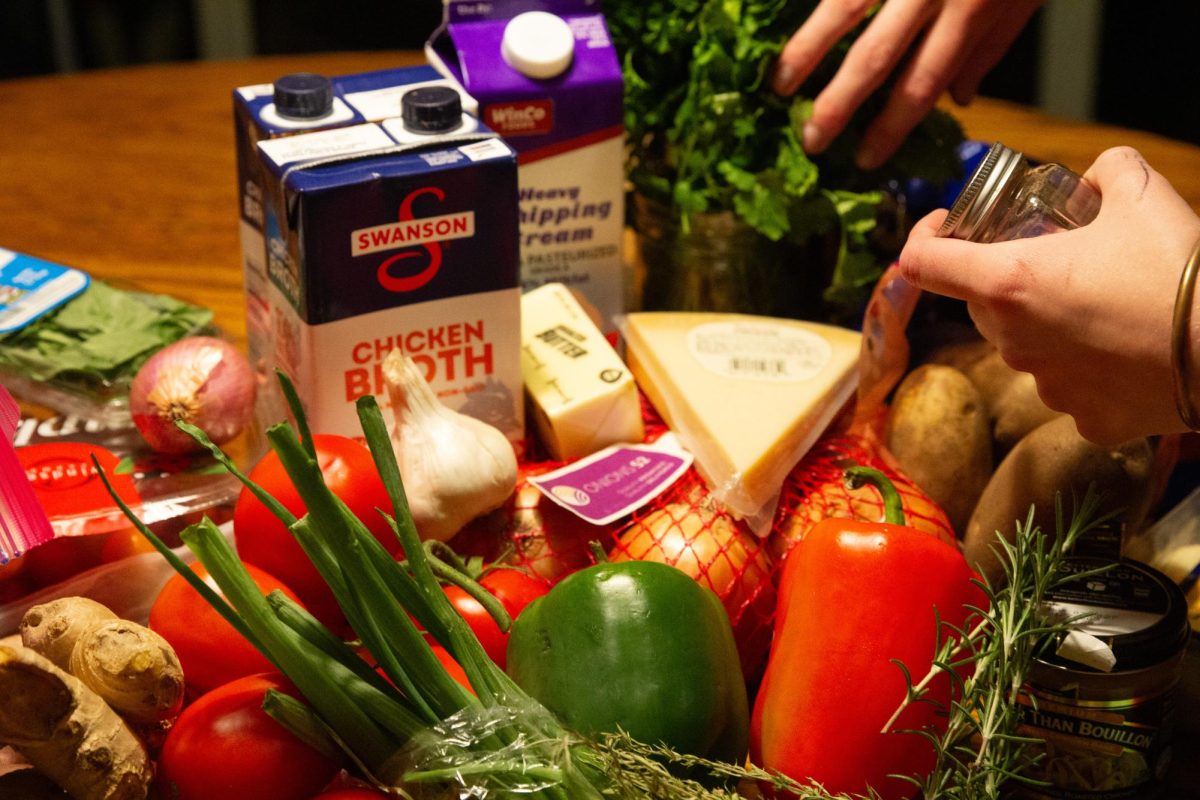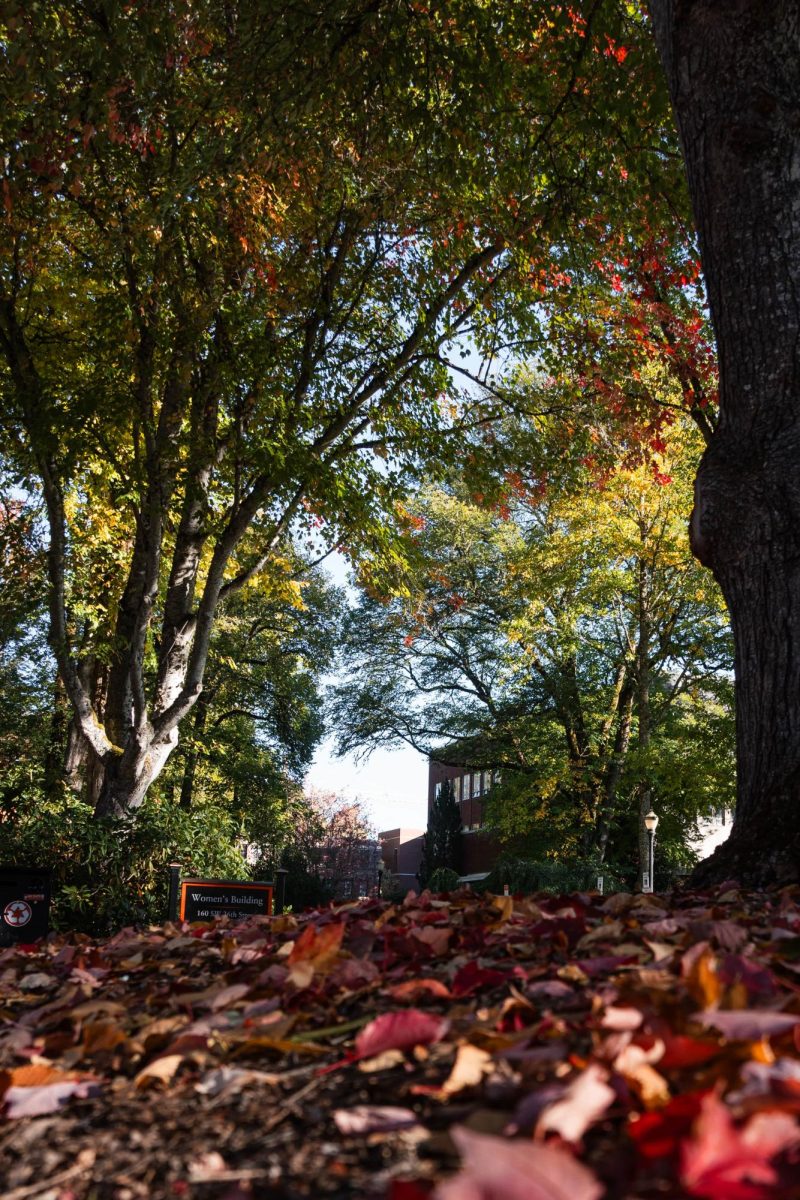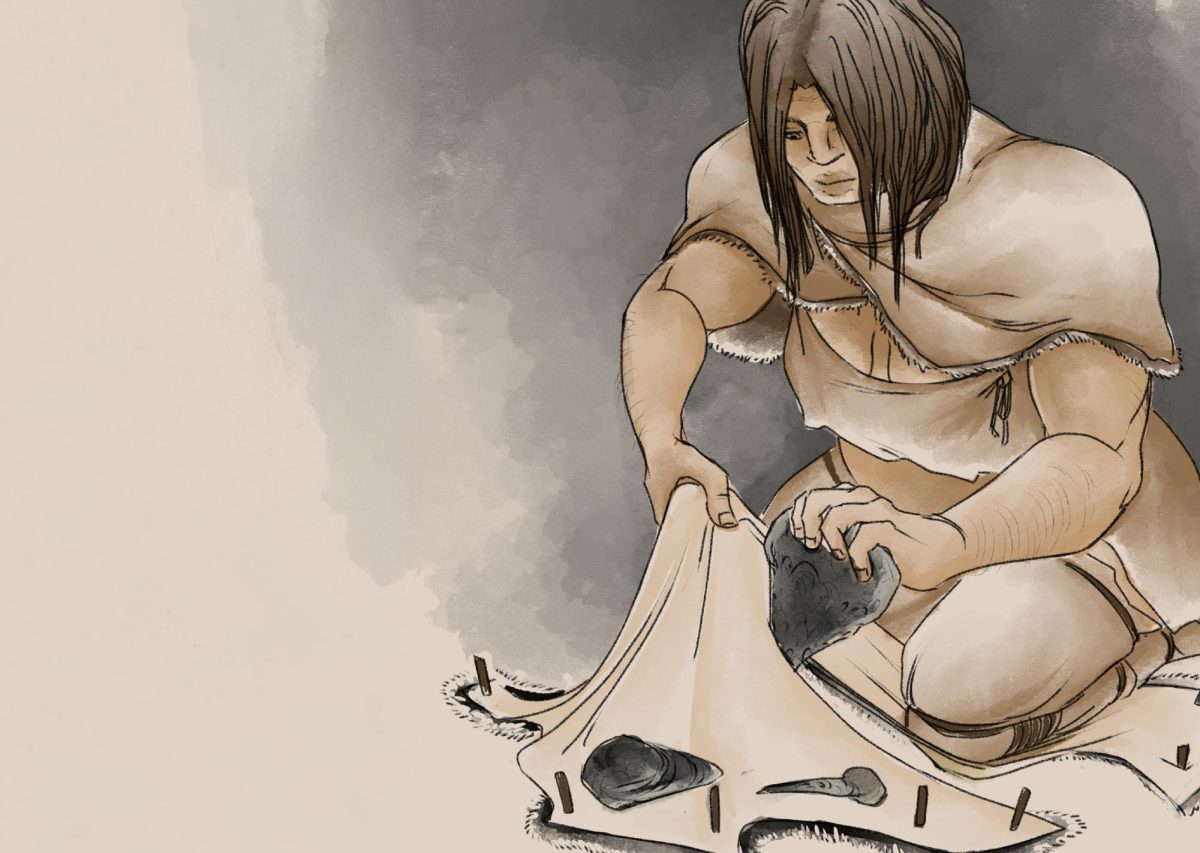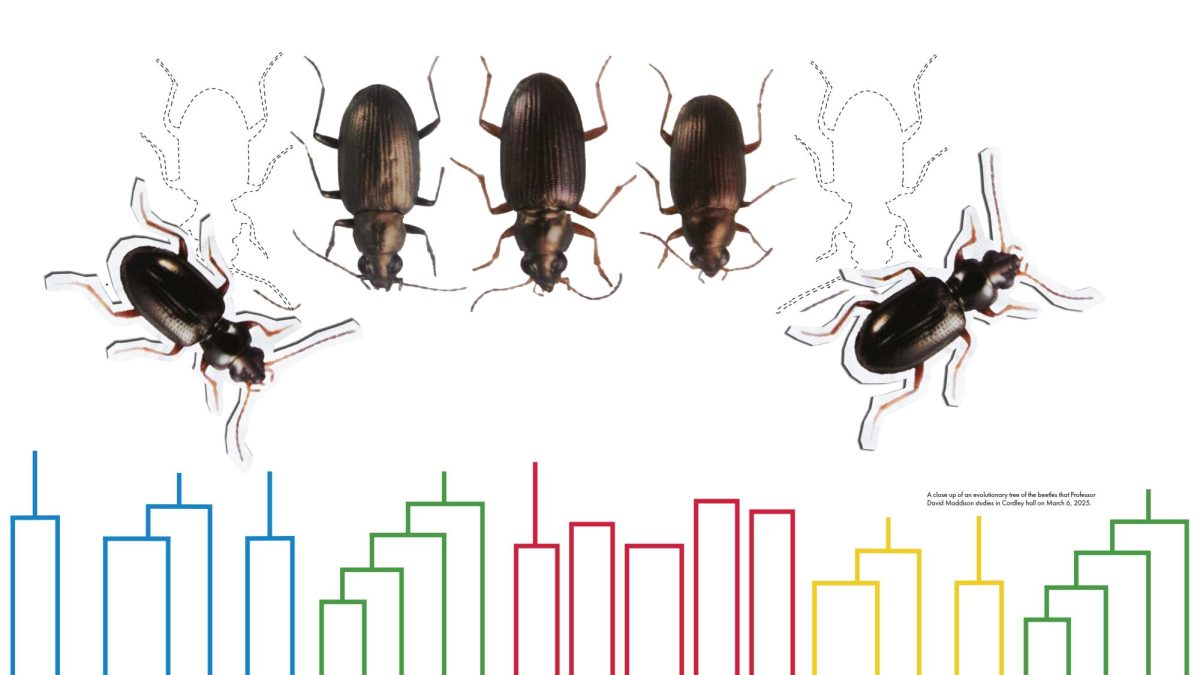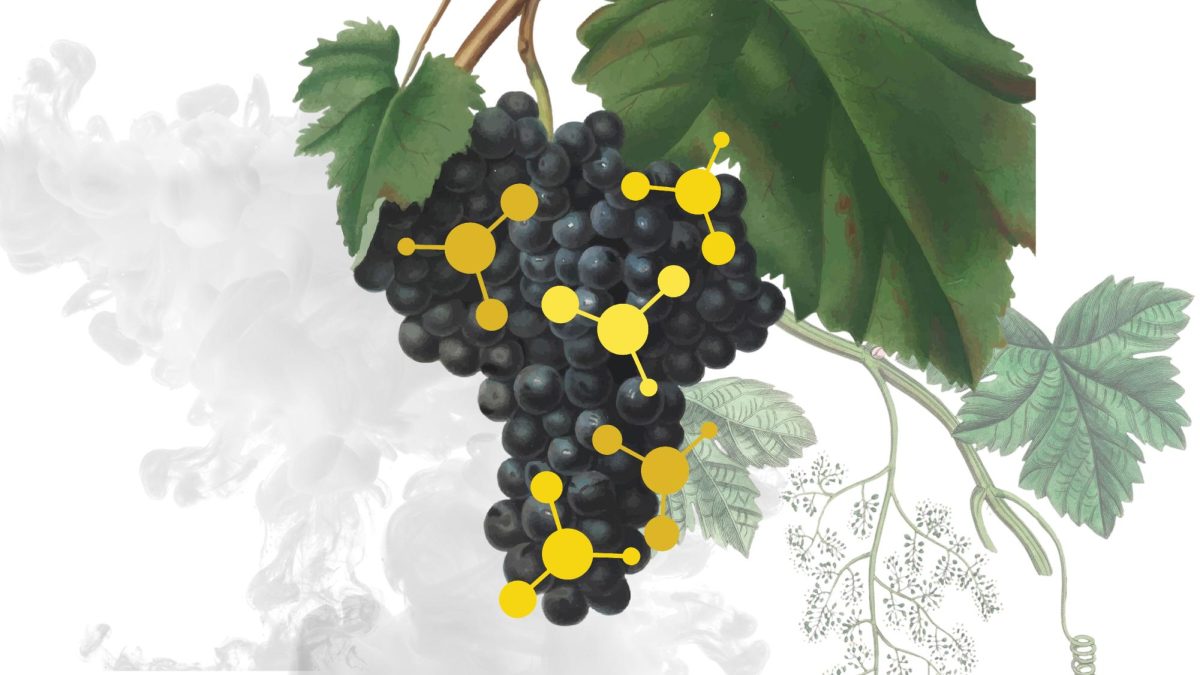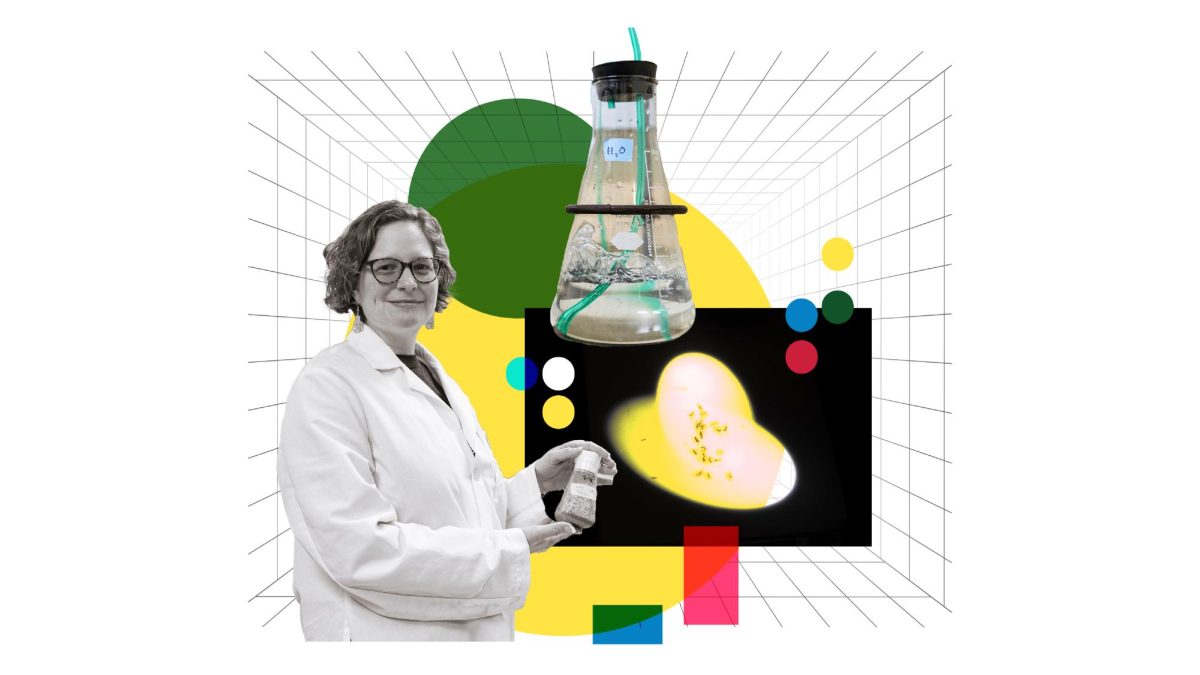The sustainability double-degree at Oregon State University is a unique program that can be added to any major, both in undergraduate and post-bacc, which allows students to connect sustainability to their other areas of study.
Designed to complement a wide range of degrees, the sustainability double-degree program is available through the Corvallis campus, Ecampus and OSU Cascades for an additional 36 credits to a student’s primary degree.
“It’s really so relevant to everything,” said Erica Elliot, the academic advisor for the program.
Students of the double-degree program also are able to find similarities between sustainability and their primary majors.
“I’ve always cared about the state of the environment and I figured the sustainability classes would give me helpful context and additional perspectives to what I would learn in my biology classes” wrote Rylie Gubbins, fourth-year biology and sustainability major with minors in chemistry and Spanish.
Gubbins noted how it will be nice to be able to say she has two bachelor degrees when she graduates.
“At times I forget that it’s separate from my main degree since my bio-option (in ecology) is pretty similar,” Gubbins said.
The sustainability double-degree is housed in the College of Agriculture and was originally developed in 2011, carried out largely by Matt Shinderman from OSU-Cascades and Kate Lajtha, who was in botany and plant pathology at the time but is now a professor in crop and soil science.
When developing the program, a proposal was made and went through extensive review before they were able to offer the double-degree as well as the minor at OSU.
The statement of intent included in the program proposal was; “The primary objective of the double-degree is to prepare students to incorporate sustainability into varied disciplinary and career pathways and be agents of positive change in their professions, their communities and society as a whole.”
Along with a wide range of courses, students in the major also get to use what they learn through their sustainability program and apply it to their career interests.
“All of our majors do some kind of practicum,” Elliot said.
Practicums are a unique experience that takes what students have learned in sustainability beyond the classroom. Options that students have explored in the past include internships
and other projects that can show the connection between sustainability and their primary major.
The four opportunities described on the practicum guide for Corvallis and Ecampus students are internships, research, study abroad, as well as an alternative spring break trip option.
The double-degree caters to both undergraduate as well as post-bacc students. The sustainability minor is also an option and requires 27 credits.
“I think sometimes students like the idea of having a different area of study and skill set in their back pocket,” Elliot said.
More information about OSU’s sustainability double degree can be found at https://agsci.oregonstate.edu/sustainabilitydd.



